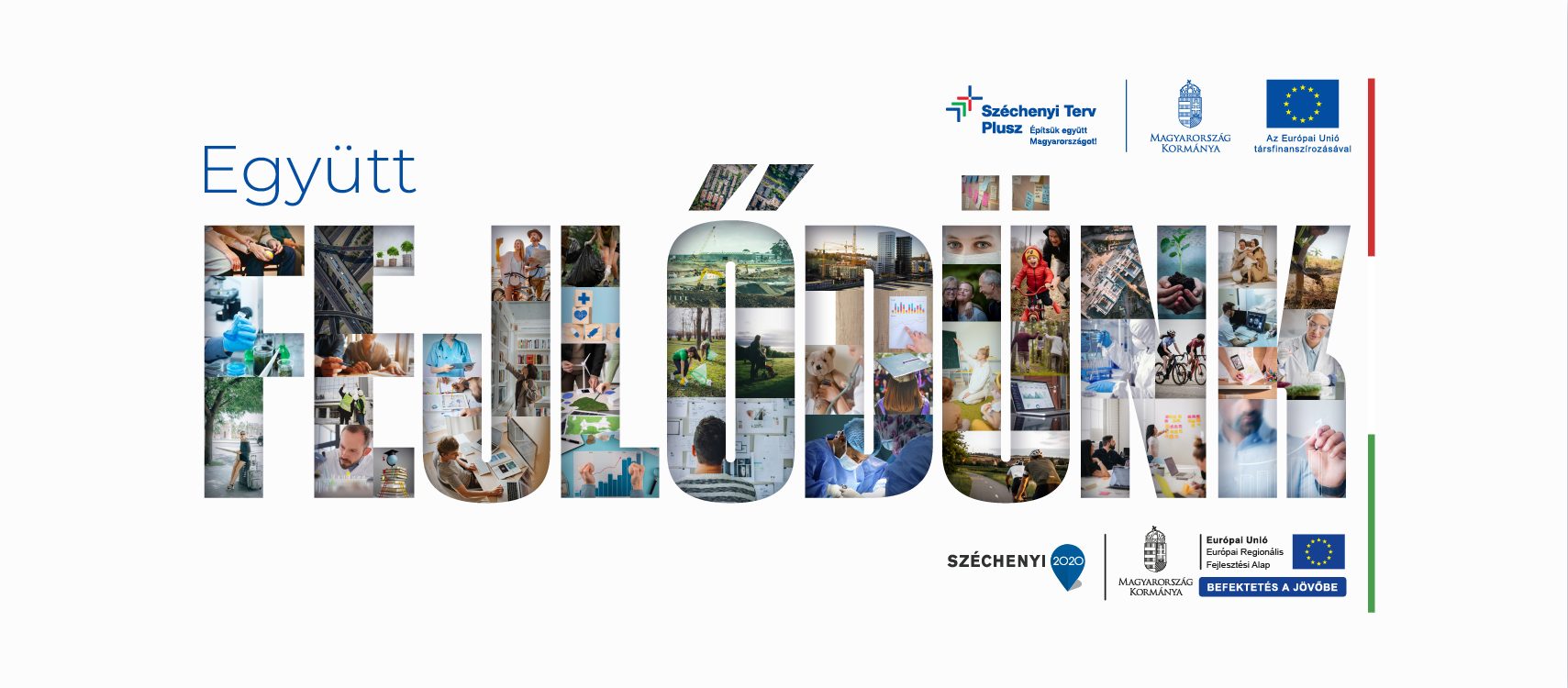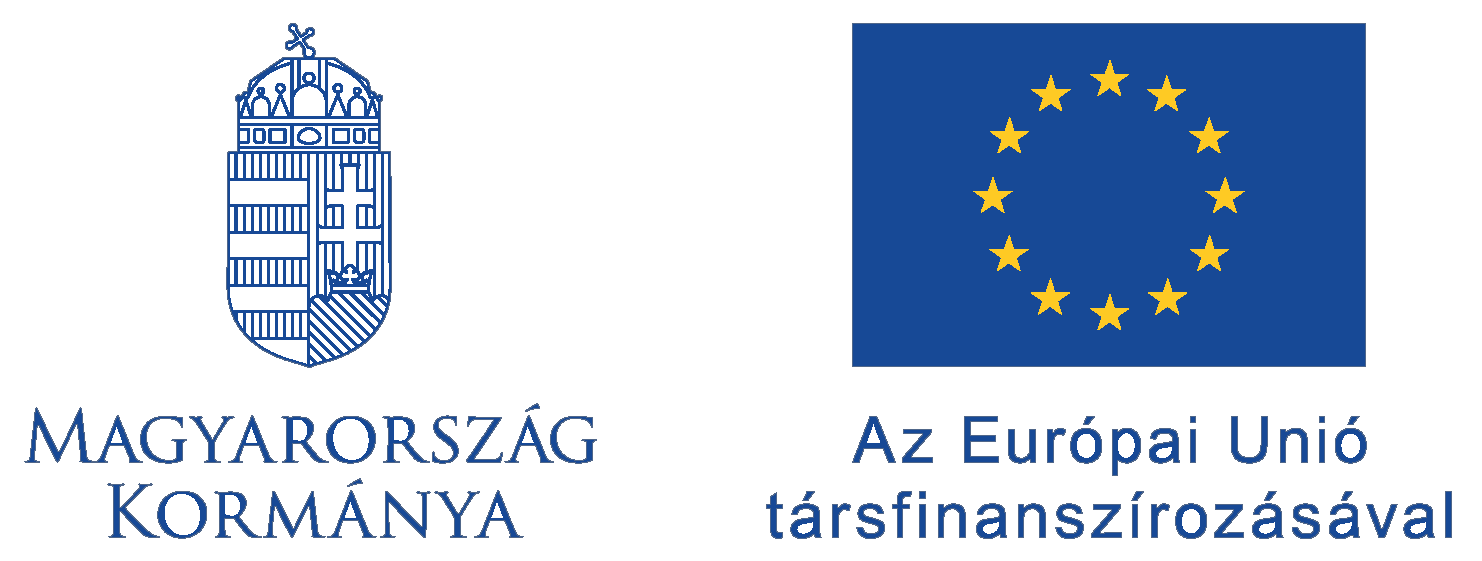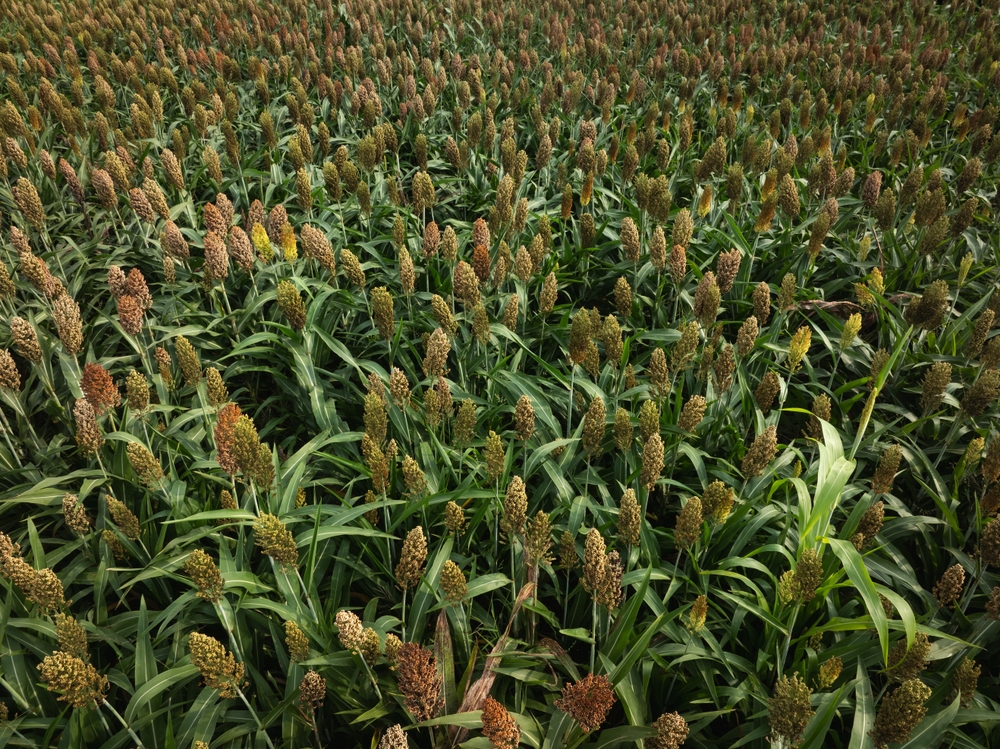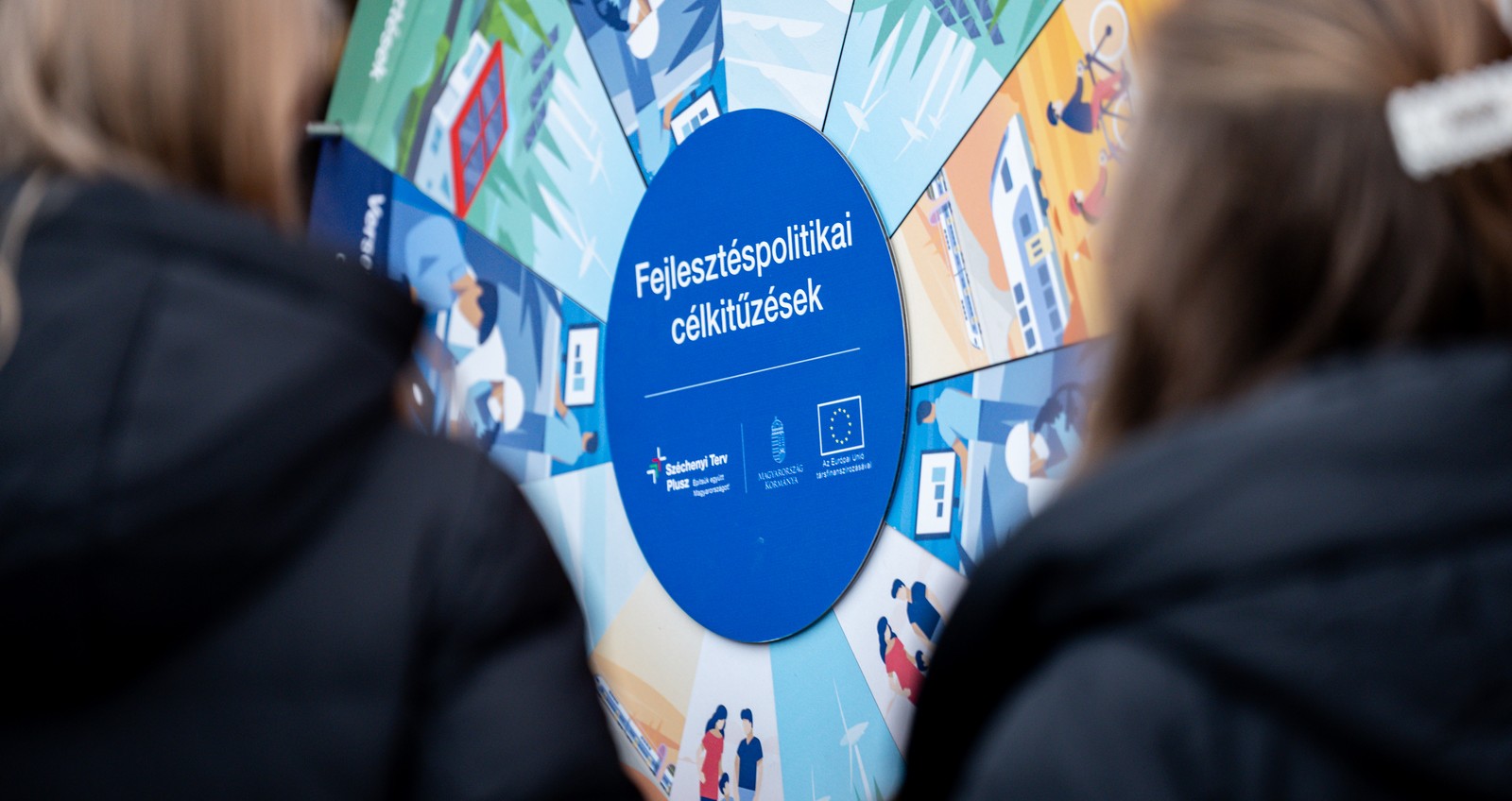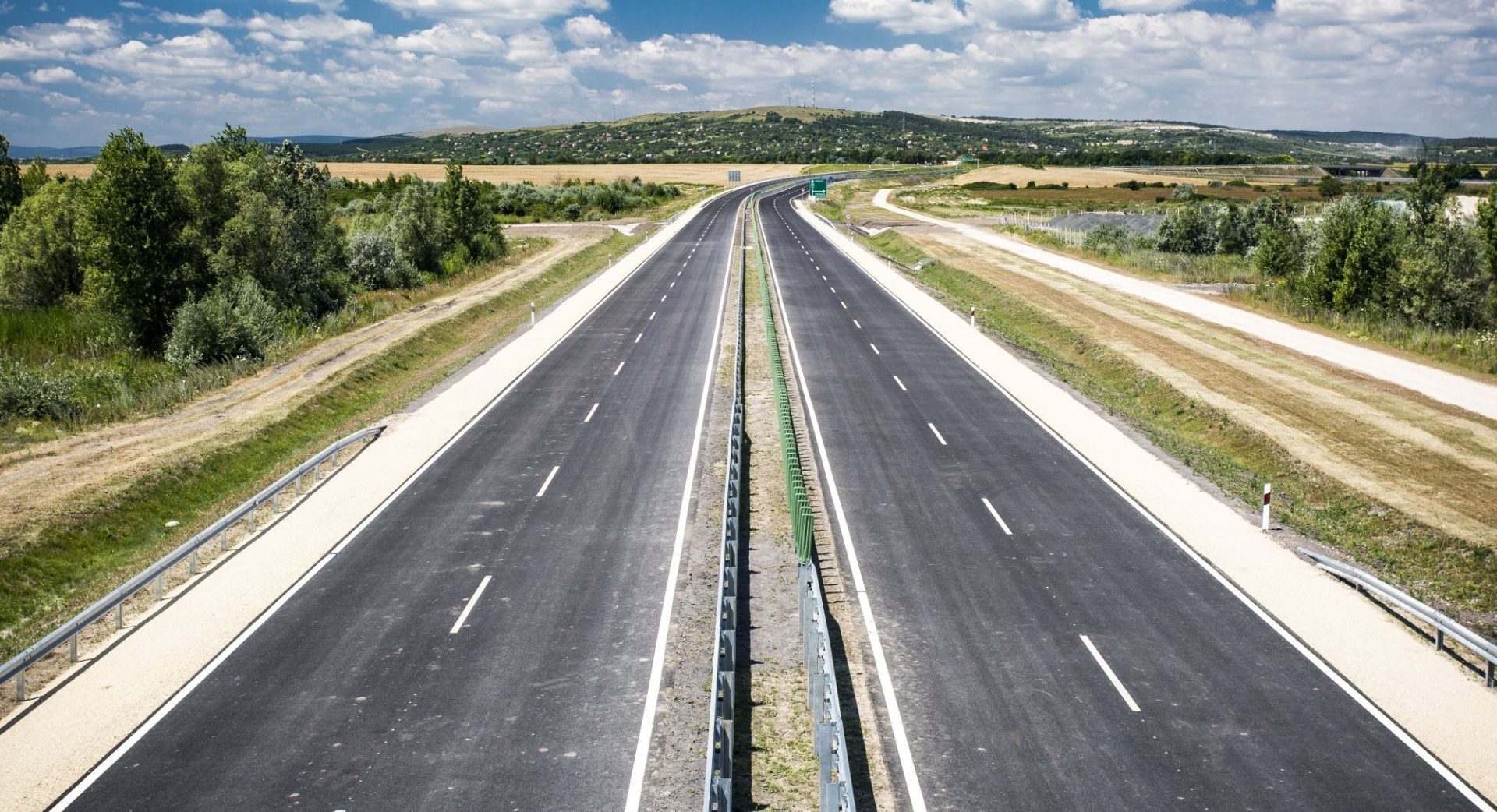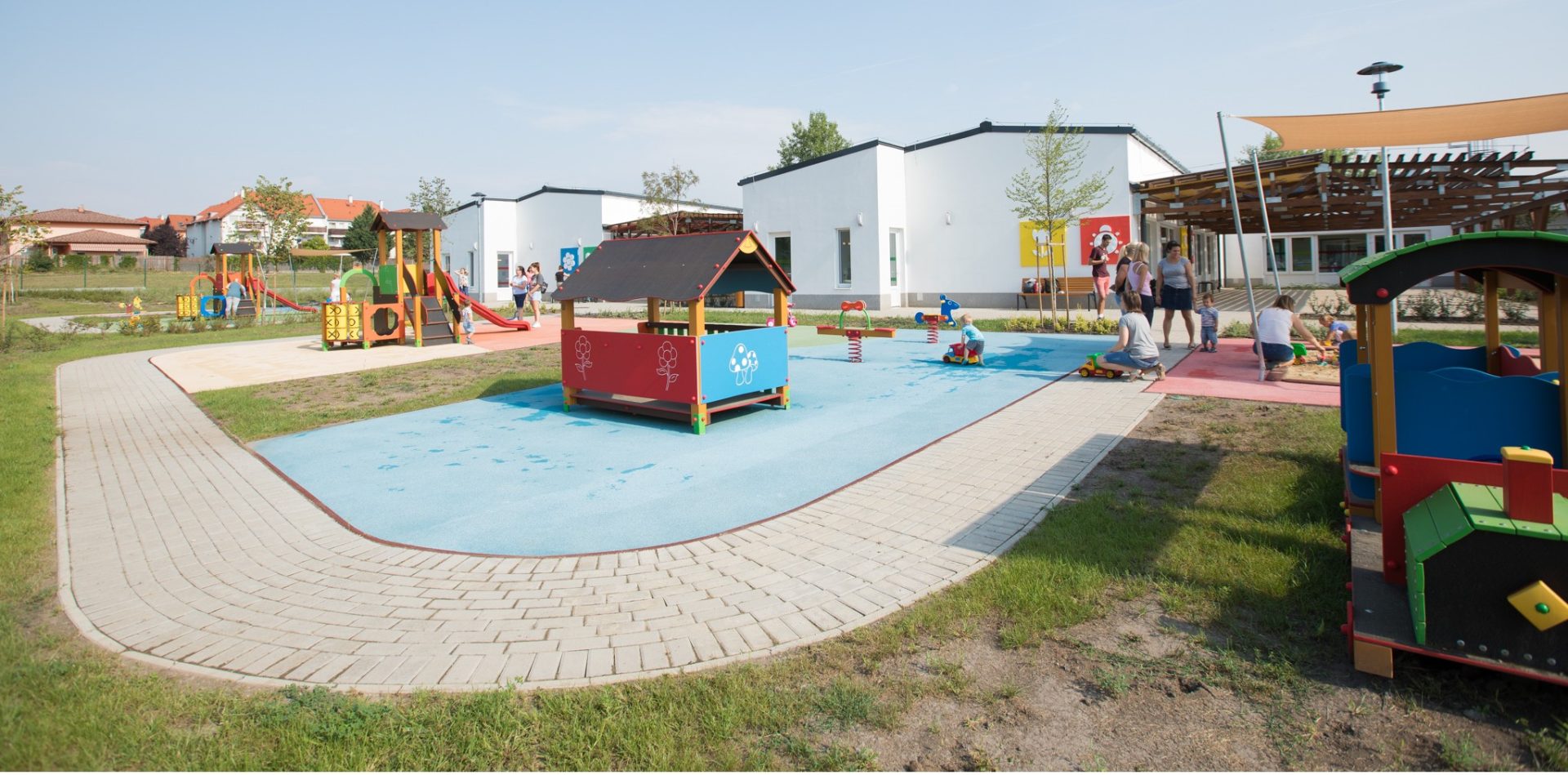The RegioStars competition, announced by the European Commission for 2024, is one of the biggest event for European Union projects; it is not an exaggeration to say that the award won here is the “Oscar” of regional policy. This year, Hungarian applicants made it to the finals for the first time, and a huge success was born.
The aim of the RegioStars competition is to showcase and recognise the best practices and innovative projects of the European Union’s cohesion policy. This year’s competition saw a record number of 260 projects enter, and the prestige of the contest is reflected in the fact that entries came from every EU member state, competing in the five different categories specified in the announcement. Based on the preliminary evaluations by the professional juries, five projects from each category advanced to the Brussels final. These 25 competitors had to present their project live and, beyond the strictly regulated presentation, answer questions from the three-member jury, thereby demonstrating the viability and innovative nature of their projects.
Among the five categories of the RegioStars competition, important topics such as green and sustainable Europe, digital transition, and the promotion of social integration within the “Social and Inclusive Europe” category have been addressed. In the latter, the telemedicine project of the Hungarian Charity Service of the Order of Malta (Naszlady Attila Health Development Program) won the category’s grand prize, which has become an outstanding example of social inclusion by approaching the healthcare issues in disadvantaged areas in an innovative and bold manner. The project provides an opportunity for those who have difficulty accessing traditional healthcare services to receive quick and efficient medical care.
As part of the program, a hybrid model has been developed that delivers medical services to the most remote regions with the help of mobile assistants. Medical consultations are conducted remotely, relying on modern technological solutions, thereby significantly reducing the need for travel for both patients and doctors. With this project, the Hungarian Charity Service of the Order of Malta has demonstrated that technology and innovation can significantly contribute to social inclusion and the improvement of equality of opportunity, especially for the most vulnerable social groups. This project can have a significant long-term impact on healthcare, as the “local delivery” of medical expertise and the application of teleconsultation enable healthcare systems to become more efficient even for residents of disadvantaged areas.
During the competition, the projects were evaluated by a three-member jury of renowned experts, taking into account aspects of innovation, sustainability, and social impact. Beyond the jury selecting the best projects, the audience could also participate in the process, as they could vote for their favorite finalist through an online poll.
The RegioStars competition is gaining more and more prestige over the years, as since its launch in 2008, the number of participating projects has continuously expanded, and more and more exemplary, high-impact initiatives are coming into the spotlight.
The award ceremony took place on October 9, 2024, as part of the European Week of Regions and Cities event series, in Brussels. The event received particularly great attention, as promoting sustainable development and social cohesion is one of the European Union’s key objectives. The victory of the Hungarian Charity Service of the Order of Malta project not only represents a significant recognition for Hungary but also highlights that new technologies and social initiatives can go hand in hand in creating a more inclusive and equal Europe.
We showcase the most exciting moments of the competition in our short film and photo gallery.
The development was implemented from EU funding in the project EFOP-2.2.24-22-2022-00002 under the Human Resource Development Operational Programme.
Find out more about the project in the Project Finder:Details
